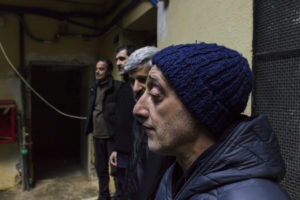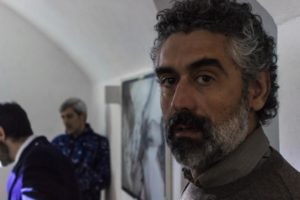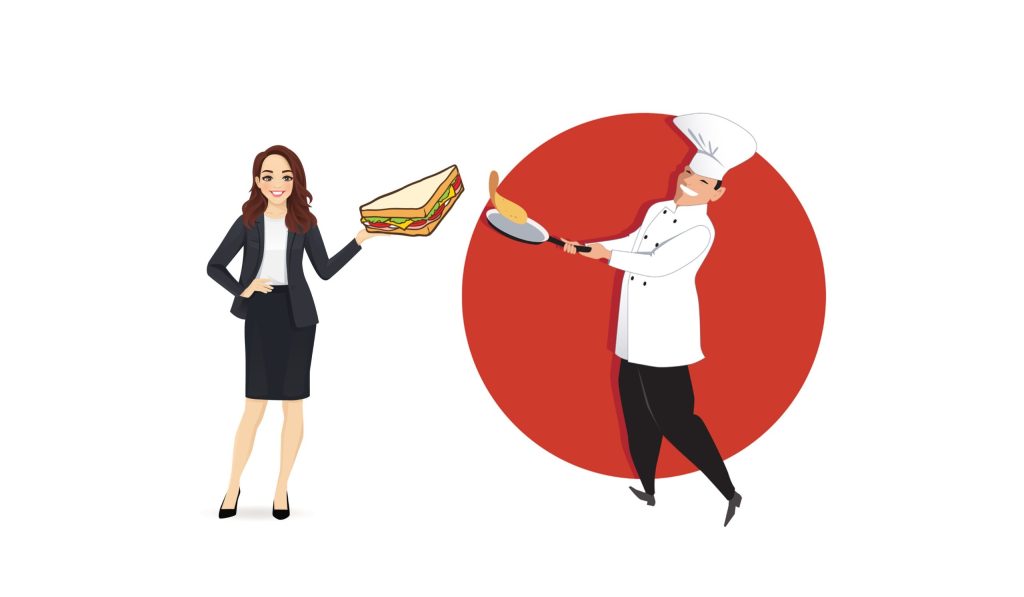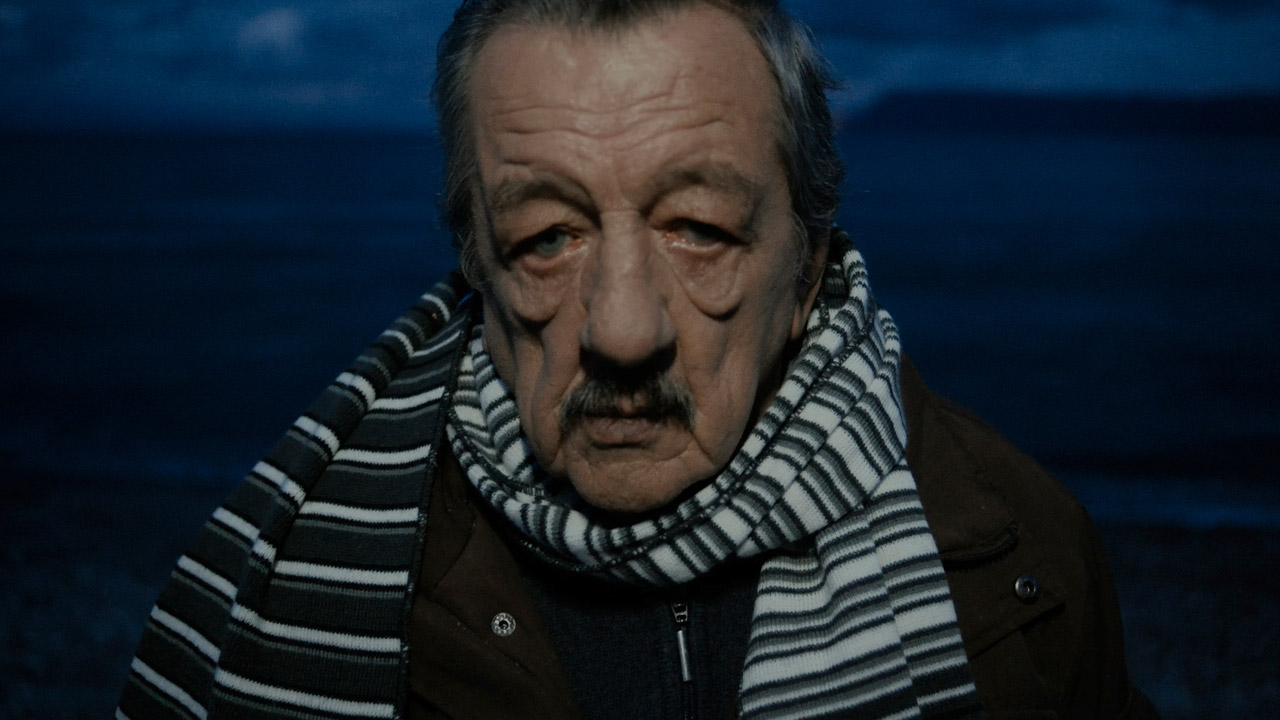The docufilm Primula Rossa, directed by director Franco Jannuzzi, is being released in theaters today. The national premiere, today and tomorrow, in Messina, the film’s home territory, for different reasons:
● for the story from which it takes its inspiration, that of Ezio Rossi (in the film Ennio, played by Salvatore Arena), a former NAP (Nuclei Armati Proletari) terrorist who spent most of his life between prison and the Judicial Psychiatric Hospital in Barcellona Pozzo di Gotto, in the province of Messina;
● for the Messina Community Foundation’s “Light is Freedom” community welfare project, which was created to experiment with new models of community welfare and allowed 60 internees, including Ezio Rossi, to return to freedom through social reintegration through personalized inclusion projects;
● for where it was filmed: in the Strait of Messina area, in Casalvecchio Siculo, Longi, Mistretta, and Messina;
 ● because of the film’s charitable purpose, not only because it solicits debates and awareness on such important issues, but also because the profits from the film will be earmarked to support projects to fight poverty and those to liberate former inmates of the OPG Barcellona Pozzo di Gotto, carried out by the Messina Community Foundation.
● because of the film’s charitable purpose, not only because it solicits debates and awareness on such important issues, but also because the profits from the film will be earmarked to support projects to fight poverty and those to liberate former inmates of the OPG Barcellona Pozzo di Gotto, carried out by the Messina Community Foundation.
The film draws its inspiration from the story of Ezio Rossi, which is then intertwined with the lives of other internees, and recounts the real struggle that the new deputy director, psychiatrist Lucio Alberti, played by david coco, makes to “change the rules” of a system that whether out of mental rigidity, or fear, or resignation, has become accustomed to erasing the main and primary peculiarity of the internees: their humanity.
 I have been involved in Physician-Patient Communication and what is technically often called humanization of care for many years. This is a film that expresses this message gracefully, looking at history, even horrendous stretches of history, in a constructive way, to draw lessons from it, to form consciences, to give food for thought and to create a debate on issues that still today have not found satisfactory solutions.
I have been involved in Physician-Patient Communication and what is technically often called humanization of care for many years. This is a film that expresses this message gracefully, looking at history, even horrendous stretches of history, in a constructive way, to draw lessons from it, to form consciences, to give food for thought and to create a debate on issues that still today have not found satisfactory solutions.
Primula Rossa becomes the bearer of a successful, real-life experience of a community welfare model that saved the lives of 60 former internees by giving them back their freedom, giving them a chance at a real life, unlike many other realities that have failed in this respect.
I am a coach, and as such I like to look forward; I am used to looking at failures as an opportunity to learn and correct my course, looking at what works, what gives results. I wrote this article after a chat with director Franco Jannuzzi, also from Messina, and from the brief interview, beyond the content of the film, I realized that it is not just a film, it is not just a community welfare project that actually helped 60 internees, and it is not even just the story of Ezio Rossi. It is about a vision that goes far beyond all that and has a much greater value: to give hope by opening up new possible paths.
The greatest value of this docufilm, in my opinion, is just that: it is a testimony of a concrete experience that has yielded results. And it gives hope, showing that just as new paths have been possible for some, new paths are and will be possible for others.
Emanuela Mazza
You may also be interested in
All articles
Loneliness in the Age of Communities
Mother Teresa called loneliness the most terrible poverty, associating it with the feeling of…

Doctor-patient relationship: the placebo effect of communication
I start with a quote from Prof. Fabrizio Benedetti, professor of neuroscience at the…

Feedback: when the sandwich becomes an omelet
How many times have you heard about how important feedback is? And how crucial…

